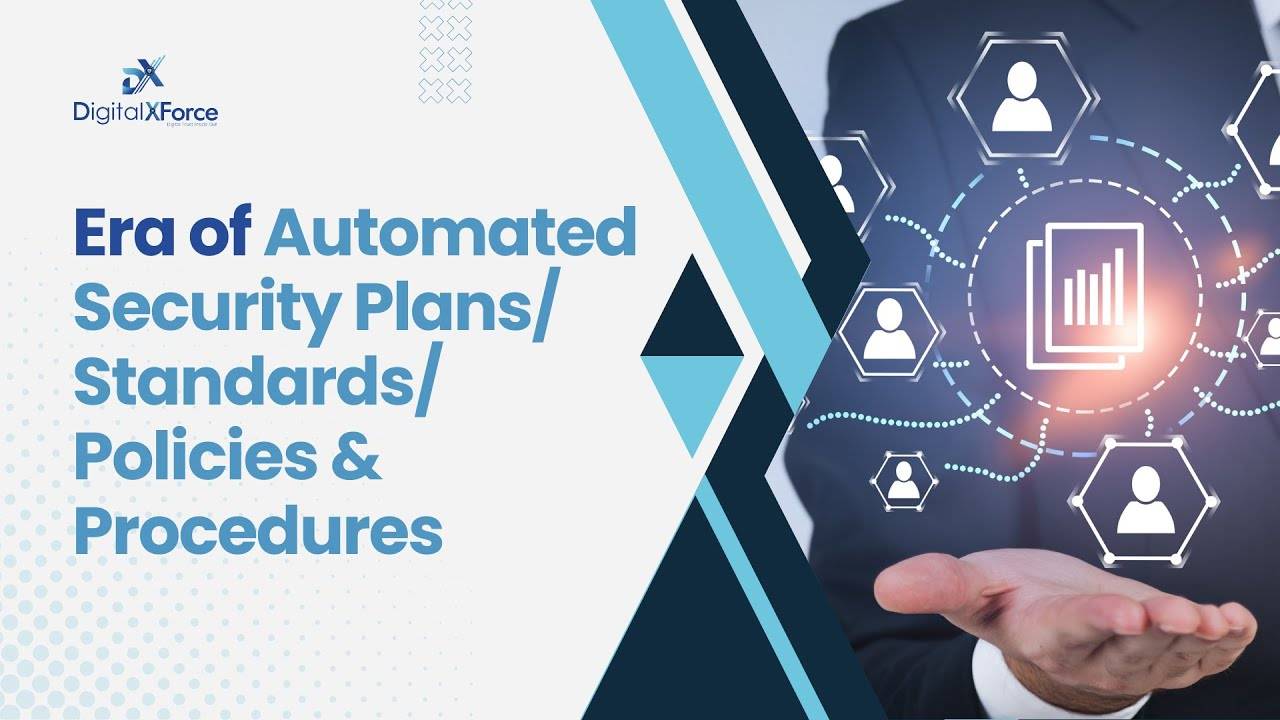Lalit Ahluwalia is committed to redefine the future of Cybersecurity by adding a “T-Trust” tenet to the conventional CIA Triad. In this article, Lalit takes a critical look at the pivotal role of TRUST in digital transformation.
In today’s digital world, trust is more important than ever. As we increasingly rely on technology for everything from banking to healthcare, we need to be able to trust that our data is safe and secure. We also need to trust that the companies and organizations we interact with are using our data responsibly.
This is where digital transformation comes in. Digital transformation is the process of using technology to change the way we do business. It can help us to improve efficiency, productivity, and customer service. But it can only be successful if it is built on trust. This article discusses the future of digital transformation, the pivotal role of trust, and why trust might just be the secret sauce of our tech-driven tomorrow. Yeah, you heard it right – trust. It’s that intangible yet crucial factor that could make or break the digital revolution.
Without trust, people will be reluctant to adopt new digital technologies. They will be afraid of their data being stolen or used for malicious purposes. They will also be wary of companies and organizations that they don’t trust.
This is why trust is the foundation of digital transformation. It is the key to unlocking the full potential of technology. Without trust, digital transformation will be limited and ineffective.
TRUST: The New Security Currency
Remember the good old days when the internet was just a novelty, and online shopping felt like a risky adventure? Fast forward to today, and we’re living in the era of AI, oT/IoT, and other mind-boggling innovations. The digital realm has turned into an intricate web of interconnected devices and data streams, promising to revolutionize everything from healthcare to education.
With great power comes great responsibility, and in this case, the responsibility falls on the shoulders of trust. Imagine handing over your health data to a virtual doctor, relying on self-driving cars to navigate without a glitch, or even having your fridge order groceries for you.
Sounds amazing, right? Well, it all boils down to whether you trust these technologies enough to let them take the wheel – both literally and metaphorically.
Let’s take a stroll down memory lane. Remember the days when cybersecurity was all about creating passwords that even Sherlock Holmes couldn’t crack? Those days are long gone, my friends. In a world where hackers are becoming as sophisticated as Bond villains, trust has transformed into the invisible armor protecting our digital galaxy.
The Current State of Digital Trust
While the importance of trust in digital transformation is clear, the reality is that trust is in short supply. A recent survey by PwC found that only 43% of consumers trust businesses to use their data responsibly. And a report by the Ponemon Institute found that the average cost of a data breach is now $3.92 million.
These numbers are alarming, and they suggest that we have a long way to go before we can achieve a truly trusted digital future. There are a number of factors that are contributing to the erosion of trust in the digital world, including:
- The increasing number of data breaches.
- The rise of fake news and misinformation.
- The use of technology to track and monitor people’s activities.
- The lack of transparency about how data is being used.
These factors are creating a climate of fear and uncertainty, which is making people less likely to trust the organizations that they interact with online. This is a major obstacle to digital transformation, as it prevents people from adopting new technologies and services.
The Human Element: Trusting the Creators
It’s not just about trusting the technology itself; it’s about having faith in the hands that craft these digital wonders. Whether it’s a small app development company or a tech giant working on the next big thing, the creators play a pivotal role in building trust.
Remember when Facebook’s data scandal hit the headlines? It wasn’t just about a breach; it was about broken trust. The fallout taught us a valuable lesson: we need to trust the creators as much as we trust their creations. Transparency, ethical practices, and a genuine commitment to user security are the ingredients that can turn a tech company into a trusted ally in our digital journey.
The Trust Revolution: A Call to Action
So, what’s the bottom line? In the rollercoaster ride that is digital transformation, trust is the seatbelt that keeps us safe. It’s the foundation on which our smart cities, self-learning AI, and seamless digital experiences are built. Trust is the glue that binds creators and users, regulators and tech giants, data and privacy.
As we hurtle into the future, the question isn’t whether trust is the future of digital transformation; it’s whether we have the courage to demand and uphold this trust. Whether it’s ensuring that our health data is in safe hands or that our online purchases aren’t funding cybercrime, the trust revolution starts with us.
The future of digital trust is uncertain, but there are a number of things that organizations can do to improve trust in the digital age.
These include:
- Investing in security and privacy: Organizations need to make sure that they have strong security measures in place to protect data from unauthorized access. They also need to be transparent about how they use data and give people control over their own data.
- Building relationships with customers and users: Organizations need to earn trust by being reliable, trustworthy, and accountable. They need to listen to feedback and respond to concerns.
- Using technology for good: Organizations need to use technology to solve problems and make people’s lives better. They should not use technology to exploit people or violate their privacy.
Conclusion
TRUST is the foundation of digital transformation. Without trust, people will be reluctant to adopt new technologies and services. This will limit the potential of digital transformation and prevent us from realizing the many benefits that it can offer.
Whether it’s ensuring that our health data is in safe hands or that our online purchases aren’t funding cybercrime, the trust revolution starts with us. Organizations that want to be successful in the digital age need to focus on building trust. They can do this by investing in security and privacy, building relationships with customers and users, and using technology for good.
By taking these steps, organizations can help to create a more trusted digital future for everyone. Also, let’s be the force that ensures our digital future is not just transformative but trustworthy. Because in a world where AI can predict our thoughts and robots can make our coffee, trust is the one thing that can’t be automated – and that’s a future worth fighting for.
Related Articles
Shiny Object Syndrome: Addressing the Impact of SOS in Cybersecurity | DigitalXForce
Identity Management for IoT Devices: Securing an Interconnected Digital Galaxy
Risk-based Assessment of Generative AI: Is ChatGPT Secure-by-Design?



